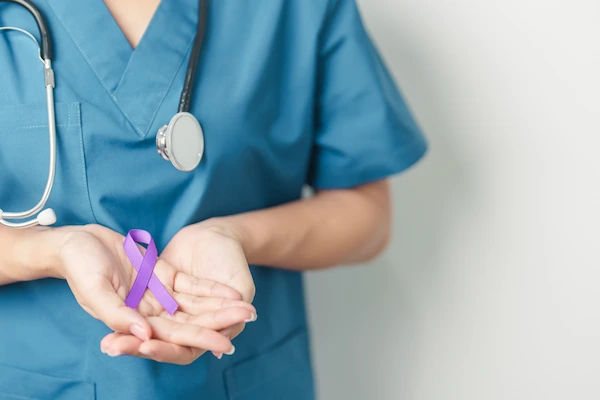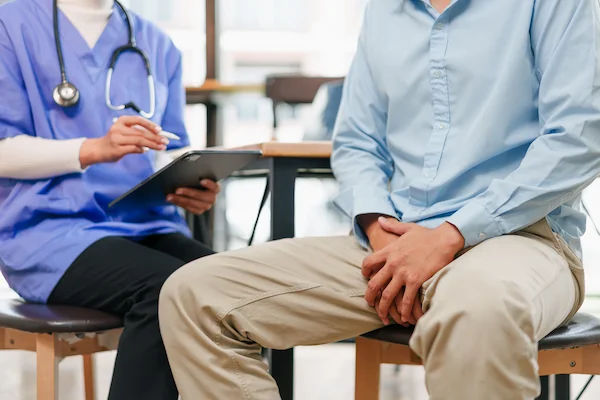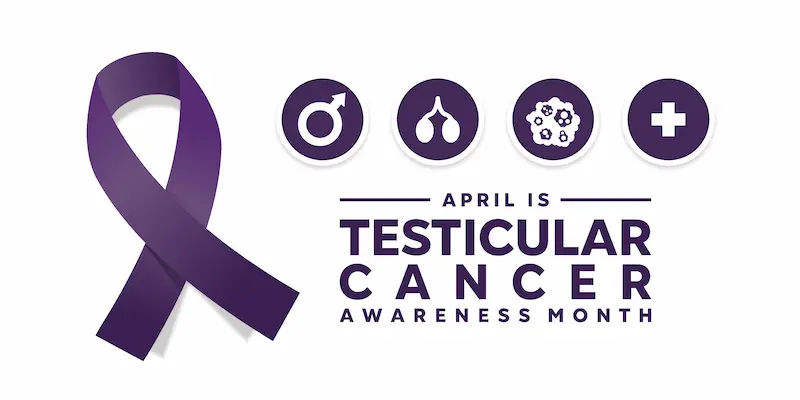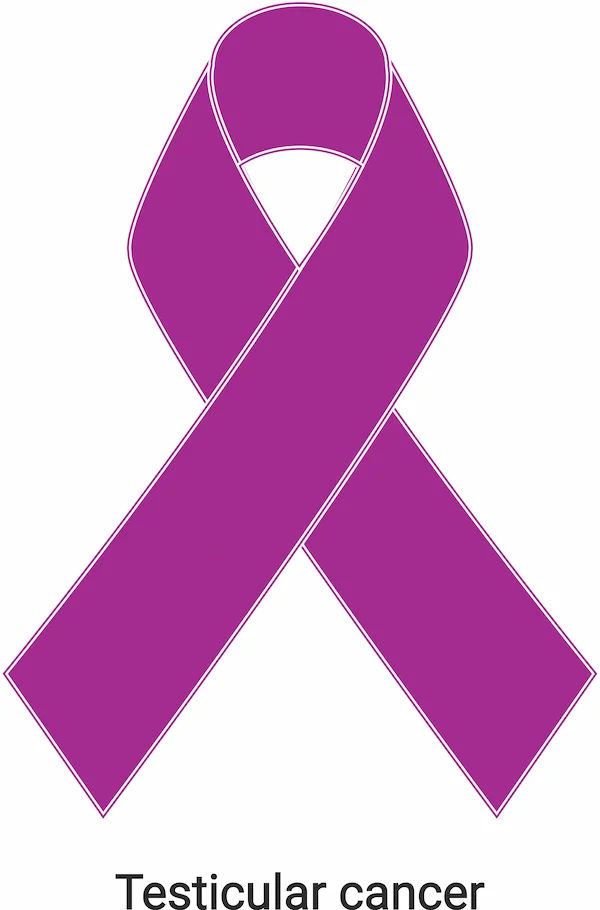Testicular Cancer Symptoms to Watch For
Learn the early signs of testicular cancer, including common symptoms, risk factors, and when to see a doctor. Discover how self-exams and early detection can save lives.


Testicular cancer is a type of cancer that develops in the testicles, which are part of the male reproductive system. While it is relatively rare compared to other cancers, it is highly treatable, especially when detected early. Being aware of the symptoms and knowing when to seek medical help can make a big difference in recovery.
In this article, we’ll discuss the common signs of testicular cancer, possible causes, and steps you can take to monitor your health.
What Are the Symptoms of Testicular Cancer?
The most common symptom of testicular cancer is a lump or swelling in one of the testicles. However, not all lumps are cancerous—some may be due to infections or cysts. Still, it’s important to get any unusual changes checked by a doctor.
Other symptoms include:
1. Pain or discomfort – A dull ache or sharp pain in the testicle or scrotum.
2. Heaviness in the scrotum – A feeling of pressure or fullness.
3. Change in size or shape – One testicle may become larger or feel harder than usual.
4. Swelling or fluid buildup – A sudden increase in fluid around the testicle.
5. Lower back or abdominal pain – If cancer spreads, it may cause pain in other areas.
6. Breast tenderness or growth – Rarely, testicular cancer can cause hormonal changes leading to breast enlargement.
If you notice any of these symptoms, don’t panic—many conditions can cause similar signs. However, it’s best to see a doctor for proper evaluation.
What Causes Testicular Cancer?
The exact cause of testicular cancer is unknown, but certain factors may increase the risk:
- Age – Most common in men aged 15–35 but can occur at any age.
- Undescended testicle (cryptorchidism) – Men born with a testicle that didn’t move down into the scrotum have a higher risk.
- Family history – Having a close relative with testicular cancer increases risk.
- Previous testicular cancer – Men who had it in one testicle have a higher chance of developing it in the other.
- HIV infection – Some studies suggest a link between HIV and testicular cancer.
While these factors may increase risk, many men with testicular cancer have no known risk factors.
Consult Top Specialists
How Is Testicular Cancer Diagnosed?
If you notice symptoms, your doctor may perform:
- Physical exam – Checking for lumps, swelling, or tenderness.
- Ultrasound – A painless imaging test to examine the testicles.
- Blood tests – Checking for tumour markers (proteins linked to cancer).
- Biopsy or surgery – Removing the testicle for further testing if needed.
Early detection improves treatment success, so don’t delay seeing a doctor if something feels off.
How Can You Monitor Your Health?
1. Perform Regular Self-Exams
Just like women check their breasts, men should examine their testicles monthly. Here’s how:
- Do it after a warm shower when the scrotum is relaxed.
- Roll each testicle gently between your thumb and fingers.
- Feel for lumps, hardness, or changes in size.
If you notice anything unusual, consult a doctor.
2. Maintain a Healthy Lifestyle
While there’s no sure way to prevent testicular cancer, a healthy lifestyle supports overall well-being:
- Eat a balanced diet rich in fruits, vegetables, and whole grains.
- Exercise regularly to maintain a healthy weight.
- Avoid smoking and excessive alcohol.
3. Know Your Family History
- If testicular cancer runs in your family, inform your doctor. They may recommend more frequent check-ups.
When Should You See a Doctor?
Don’t ignore symptoms like:
- A persistent lump or swelling in the testicle.
- Pain that doesn’t go away.
- Sudden changes in size or firmness.
Even if it turns out to be harmless, getting checked early can provide peace of mind and better outcomes if treatment is needed.
Final Thoughts
Testicular cancer is treatable, especially when caught early. By staying aware of changes in your body and performing regular self-checks, you can take control of your health. If you notice any unusual symptoms, don’t hesitate to consult a doctor.
Need Help?
If you have concerns about testicular cancer or want to schedule a check-up, you can book a consultation with an expert at Apollo 24|7 for professional guidance and care.
Consult Top Specialists
Consult Top Specialists

Dr. Rajib Ghose
General Physician/ Internal Medicine Specialist
25 Years • MBBS
East Midnapore
VIVEKANANDA SEBA SADAN, East Midnapore

E Pradheep
General Physician/ Internal Medicine Specialist
38 Years • MBBS
Bengaluru
Apollo Clinic, Sarjapur Road, Bengaluru
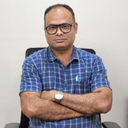
Dr. Debdatta Pati
Psychiatrist
18 Years • MBBS, DPM, MD (PSYCHIATRY)
Kolkata
MCR SUPER SPECIALITY POLY CLINIC & PATHOLOGY, Kolkata
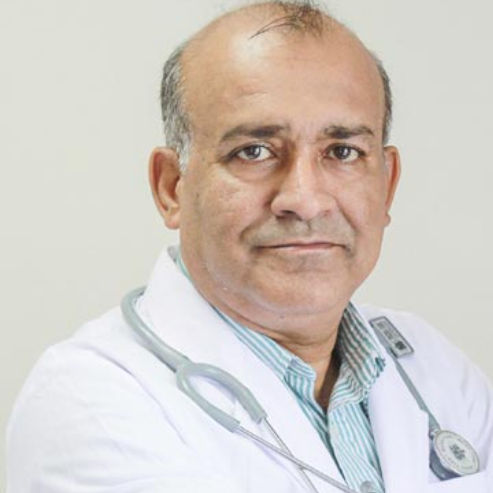
Dr. Dilip Joseph Wilson
General Physician/ Internal Medicine Specialist
30 Years • MBBS, DT M&H, DFFP, DIP.IIST
Bengaluru
Apollo Clinic, Sarjapur Road, Bengaluru
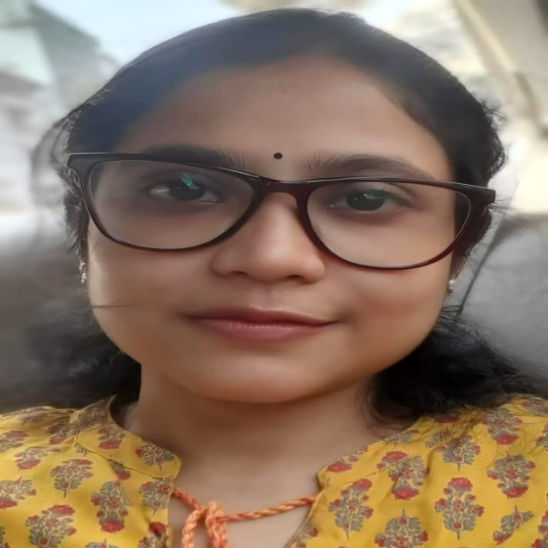
Dr. Anindita Mondal
General Physician/ Internal Medicine Specialist
8 Years • MBBS
Kolkata
VDC Clinic, Kolkata
Consult Top Specialists

Dr. Rajib Ghose
General Physician/ Internal Medicine Specialist
25 Years • MBBS
East Midnapore
VIVEKANANDA SEBA SADAN, East Midnapore

E Pradheep
General Physician/ Internal Medicine Specialist
38 Years • MBBS
Bengaluru
Apollo Clinic, Sarjapur Road, Bengaluru

Dr. Debdatta Pati
Psychiatrist
18 Years • MBBS, DPM, MD (PSYCHIATRY)
Kolkata
MCR SUPER SPECIALITY POLY CLINIC & PATHOLOGY, Kolkata

Dr. Dilip Joseph Wilson
General Physician/ Internal Medicine Specialist
30 Years • MBBS, DT M&H, DFFP, DIP.IIST
Bengaluru
Apollo Clinic, Sarjapur Road, Bengaluru

Dr. Anindita Mondal
General Physician/ Internal Medicine Specialist
8 Years • MBBS
Kolkata
VDC Clinic, Kolkata
